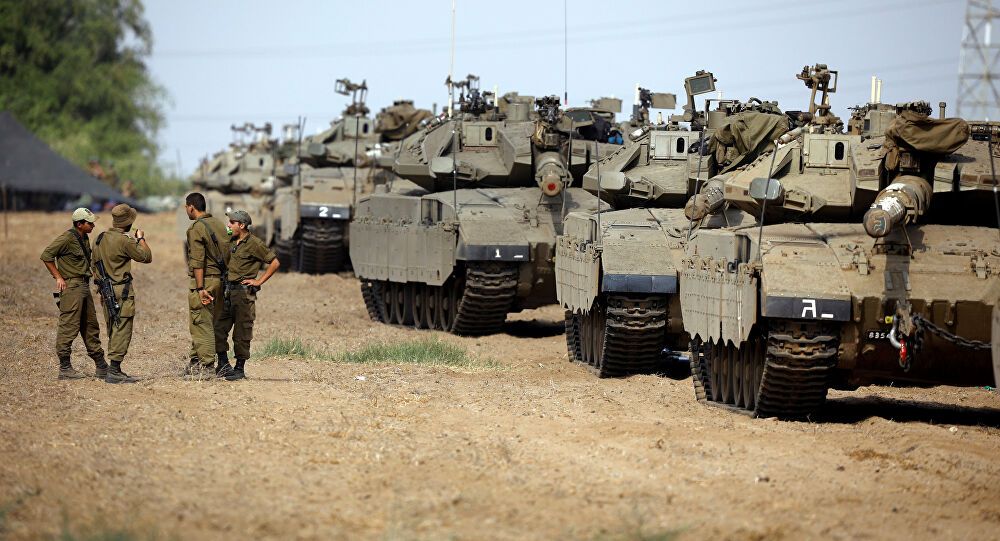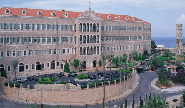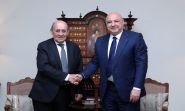
The ceasefire agreement between Hezbollah and Israel, announced on November 27, 2024, is set to expire in four days. However, with the lack of enforcement thus far and the sluggish pace of implementation, an extension of the truce seems likely. Israeli forces continue to occupy dozens of villages in southern Lebanon, conducting raids and bombings, while Hezbollah maintains its presence south of the Litani River. Meanwhile, the Lebanese army's deployment in the area remains limited.
As the deadline approaches, no significant breakthroughs have been reported on the ground. In his inaugural address, Lebanese President Joseph Aoun reaffirmed his commitment to enforcing international resolutions and creating a state where the monopoly on the use of force lies solely with the state.
On the other hand, Israeli Army Chief of Staff Herzi Halevi ordered, just before his resignation, the “preparation of plans for renewed attacks in Gaza and Lebanon.” As for the US stance, it remains ambiguous. Israeli Army Radio reported Thursday that the Trump administration is pressing for the withdrawal from southern Lebanon as planned on Sunday, although the Biden administration has agreed to the delay. Outgoing Israeli Ambassador to the US, Michael Herzog, confirmed that Tel Aviv “is in talks with the Trump administration to delay the withdrawal from Lebanon." Furthermore, the issue of Israeli withdrawal is set to be discussed at a meeting between Lebanese Parliament Speaker Nabih Berri and US Major General Jasper Jeffers, head of the International Ceasefire Monitoring Committee.
"An extension of the ceasefire is both feasible and logical," a diplomatic source told This is Beirut, adding that "such an extension would allow the monitoring mechanism to assess the situation and reevaluate the actions of all parties involved."
"The issue is political," noted retired army General Khaled Hamade in an interview with This is Beirut. "It’s not just a matter of how many areas remain under Israeli occupation or how many villages have been vacated in exchange for the deployment of the Lebanese army—military dynamics are constantly shifting." He stressed the urgent need to "form a new government as soon as possible, one that is transparent, particularly regarding the roles of Hezbollah and the army. Without this transparency, and if the government is forced to make concessions, it will become an obstacle for both the Americans and Israelis, who will be closely monitoring its actions." General Hamade believes that "Israeli forces will likely remain in place on January 27." He added that it is "the responsibility of the president and the prime minister to raise critical questions with the international community and the ceasefire monitoring committee to address the existing gaps."
In an interview with This is Beirut, constitutional expert Saïd Malek pointed out that "for the agreement to be extended, it must be approved by both parties that signed it—Lebanon and Israel. Therefore, it is impossible for Israel to unilaterally extend it while continuing to occupy several areas of South Lebanon without the consent of the Lebanese and the American monitors."
Malek further emphasized that "the terms of the agreement are binding on both parties, yet neither has fully adhered to these terms. Hezbollah's military structure has not been completely dismantled, and the army has not finished its deployment, while Israeli forces continue to occupy several areas of South Lebanon. As such, January 27 will not be a decisive date unless Hezbollah withdraws and its arsenal is either dismantled or confiscated by the Lebanese army. The pro-Iranian armed group, however, will not agree to withdraw as long as Israeli forces maintain their occupation." He concluded, "All scenarios remain possible and will depend on how the situation unfolds."



Comments